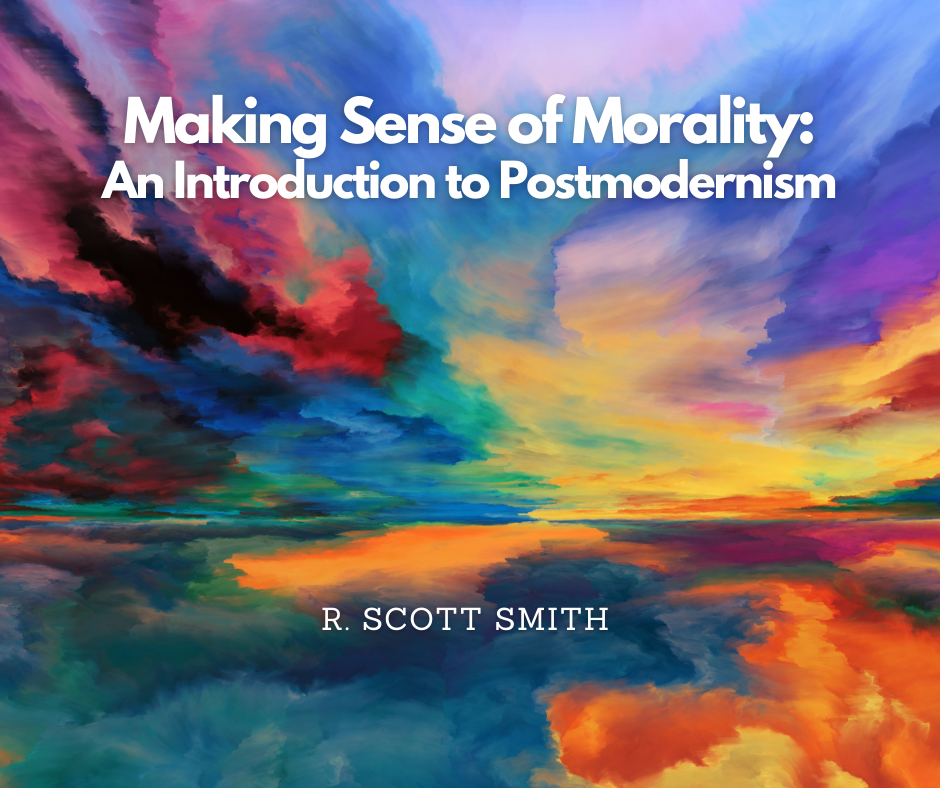Making Sense of Morality: Problems with Naturalism 2
/Editor’s note: R. Scott Smith has graciously allowed us to republish his series, “Making Sense of Morality.” You can find the original post here.
Introduction
Now I will explore a second issue with naturalism, this time from the standpoint of properties, the qualities or features of things. For naturalists, there seem to be two options for what properties can be. The first is D. M. Armstrong’s immanent universals, which I will explore here. In the next essay, I will look at nominalism, of which there are trope, austere, and metalinguistic varieties. Yet, I will argue that all face serious problems for us to have knowledge. If so, then it seems we cannot knowledge based on naturalism, even that it is true. Nor can we have knowledge about morals on it.
Immanent Universals
Armstrong (d. 2014) holds to materialism and universals. Clearly, this is unlike Plato’s variety; for Armstrong, universals must be material. Moreover, universals are located in space-time. Consider two electrons, both with charge e. He maintains that e is a universal that is multiply located.
Now, suppose I see an object. To do that, Armstrong says there is a causal chain between me and the object. Light waves bounce off the object, and a long chain of physical states eventually impinges on my retina, travels through my optic nerve, and eventually produces a brain state (a perception) in me. If that perception is veridical, he claims I am having a true belief about that object. If the perception is an illusion, I have a false belief. In this way, Armstrong thinks we can know external, physical reality directly.
Yet, if I am but physical stuff, and there is a potentially infinite series of physical states between me and the object, it seems I cannot traverse the chain and access the object itself. It seems I can “access” just the last state. Furthermore, the immediately prior physical state that causes that belief modifies my brain. There is not a reproduction of the same physical set of originating conditions (the object) that is passed down through the chain; rather, each state modifies the subsequent one. In that case, it seems I have no hope to ever access the object as it is. Therefore, it seems on his kind of naturalism, we cannot know things as they are in reality, which would extend to morals, science, and any other topic.
These implications are important, for this causal theory of perception is not unique to Armstrong. It also has much appeal to other naturalists, such as Michael Tye and Fred Dretske.
For Further Reading
D. M. Armstrong, Perception and the Physical World
R. Scott Smith, Naturalism and Our Knowledge of Reality, ch. 1
R. Scott Smith is a Christian philosopher and apologist, with special interests in ethics, knowledge, and seeing the body of Christ live in the fullness of the Spirit and truth.




















